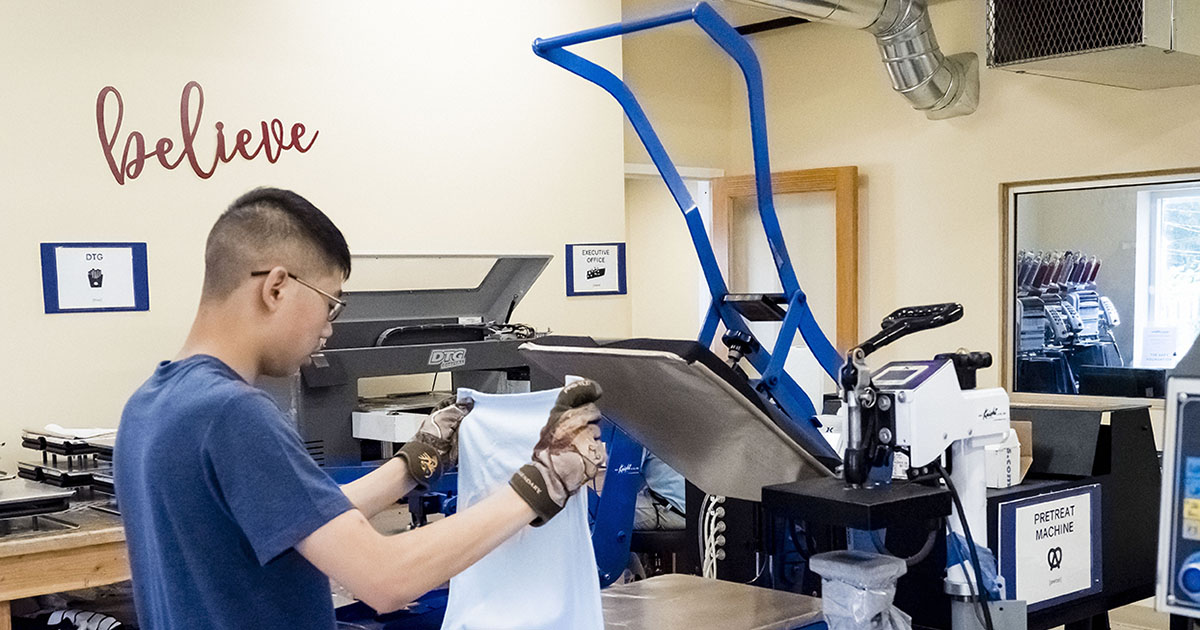Youth with autism face particular challenges as they become adults. New research supported by the Autism Speaks Foundation showed that even though most youth with autism and their families received at least some transition and support services prior to their enrollment in the federal initiative, Promoting Readiness of Minors in Supplemental Security Income (PROMISE), many did not receive key services like case management, employment services, benefits counseling, or financial education.
PROMISE succeeded in connecting many more youth and their families to these key services. Moreover, youth with autism who were offered PROMISE services had positive outcomes—most notably, increased job-related training, employment, and earnings for youth with autism. These findings, detailed in a brief and a full report released by Mathematica, support the evidence that offering effective, scalable transition services to youth with autism and other disabilities can help them transition to adulthood and succeed in the long term.
The findings come from Mathematica’s examination of the experiences and outcomes of youth with autism after 18 months of participating in PROMISE, a joint initiative of the Social Security Administration and the U.S. Departments of Education, Health and Human Services, and Labor. PROMISE aims to help youth ages 14 to 16 that receive Supplemental Security Income transition to adulthood by emphasizing cross-agency collaboration to provide key services to youth and their family, including case management, employment-promoting services, benefits counseling, and financial literacy for youth and family members.
Mathematica’s study of the impact after 18 months of PROMISE on youth with autism include the following key findings:
- Most youth with autism not participating in PROMISE received some transition services, but there was room for improvement in the key services targeted by PROMISE.
- PROMISE led to more youth with autism receiving transition services, especially case management, employment-promoting services, benefits counseling, financial education, and vocational rehabilitation services.
- PROMISE more than doubled job-related training and employment rates among youth with autism and increased the average annual earnings of youth with autism by 65 percent, but it did not affect their level of education.
These findings are based on interim results after 18 months, but long-term impacts from five years after enrollment in PROMISE will reveal whether PROMISE meaningfully improved the long-term well-being and self-sufficiency of youth with autism and their families.
Read the summary of the study and the full report to dive into the initial impacts PROMISE had on transitions to adulthood for youth with autism.

